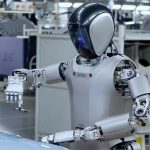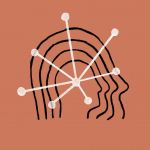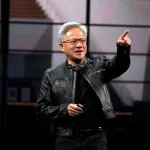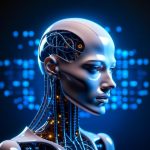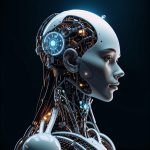Unusual collaboration between competitors in AI safety testing
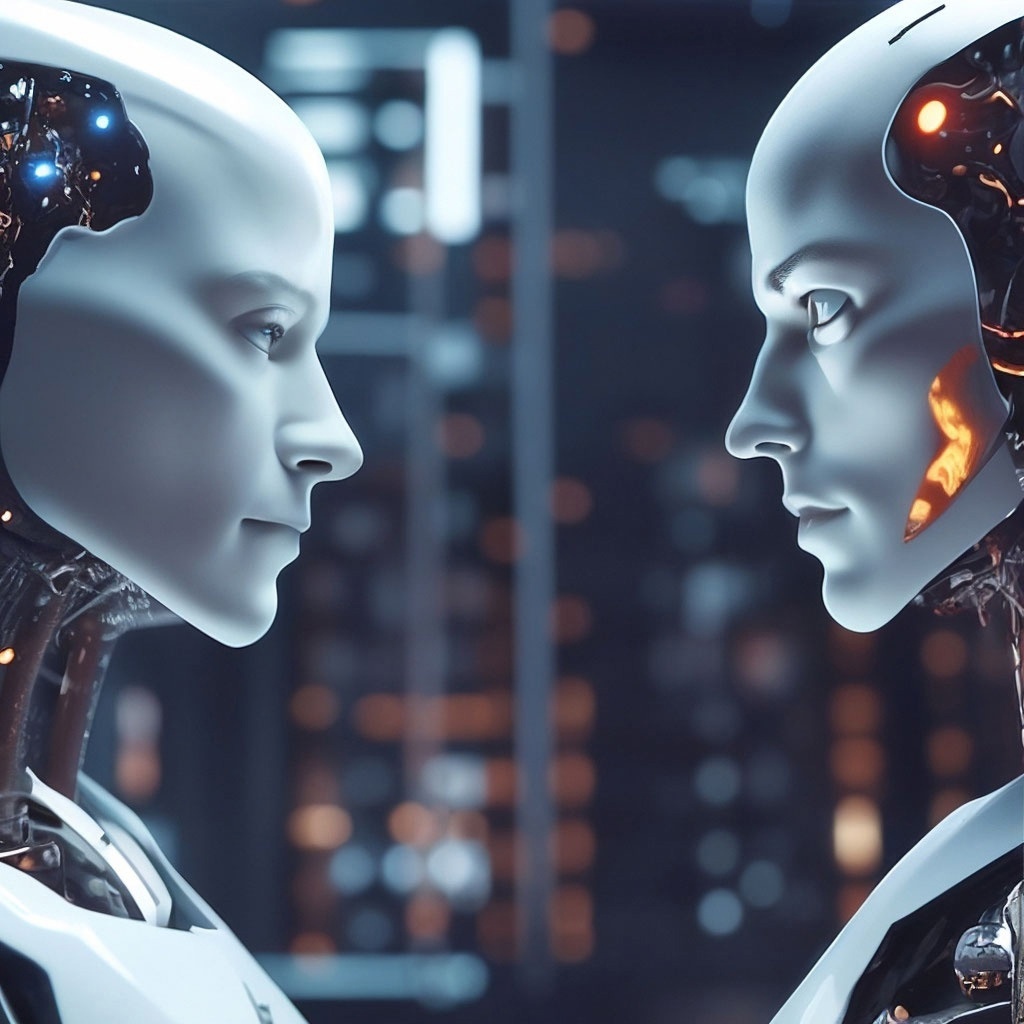
Two main competitors in the world of artificial intelligence united for the first time for joint safety testing. OpenAI and Anthropic opened access to each other’s secret models. In an industry where companies pay researchers up to $100 million and fight for every user, such collaboration seems incredible.
OpenAI co-founder Wojciech Zaremba explained the importance of the moment. Millions of people use artificial intelligence every day. Technologies have become so influential that safety is more important than corporate competition. Companies must establish common standards despite billion-dollar investments and the war for talent.
For the research, companies provided each other special access to models with weakened protective mechanisms. This allowed finding blind spots in each company’s security systems. GPT-5 didn’t participate in testing because it hadn’t been released yet.
The most interesting discovery concerns hallucinations. Claude Opus 4 and Sonnet 4 refuse to answer 70% of questions when unsure of the answer. Models honestly tell users they don’t have reliable information. OpenAI’s models o3 and o4-mini behave differently. They almost always try to give an answer, even when they don’t know the correct one. The result is predictable. High level of hallucinations and false information.
OpenAI co-founder Wojciech Zaremba acknowledges the problem. OpenAI’s models are too overconfident, while Anthropic’s models are too cautious. The right balance is somewhere in between. Users need both helpful answers and honesty about model knowledge boundaries.
The story got a dramatic continuation. After completing the research, Anthropic revoked access from another OpenAI team. The reason was violation of usage terms. It’s forbidden to use Claude for improving competing products. Zaremba claims these events aren’t related to joint safety research.
Nicholas Carlini from Anthropic looks to the future with optimism. He wants to continue providing OpenAI safety researchers access to Claude models. The goal is ambitious. Make such collaboration a regular phenomenon in the industry.

